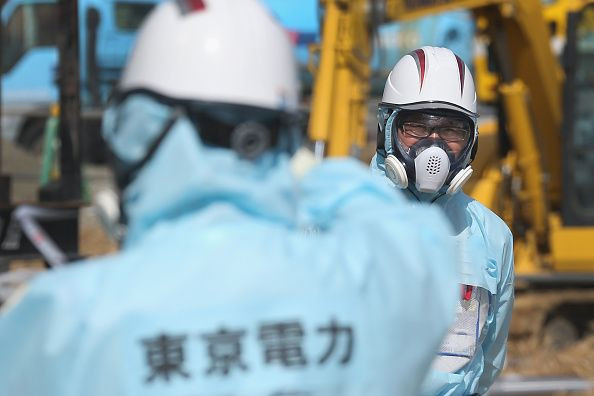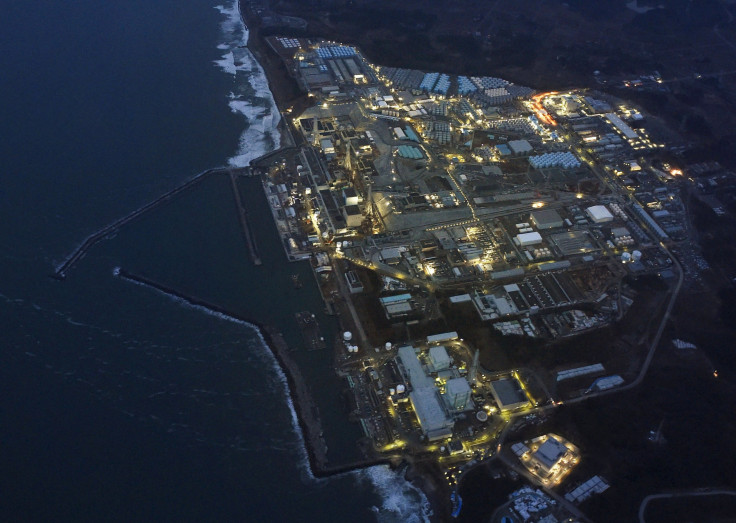A Long Road Ahead For Fukushima’s Crippled Nuclear Plant [Video]

Thousands of workers at Japan's Fukushima Daiichi are still working to contain the damage, five years after the country's worst nuclear disaster. Natasha Howitt reports.
Japan's worst nuclear disaster took place March 11, 2011: A 10-meter high tsunami, triggered by a magnitude 9 earthquake, crashed into the Fukushima Daiichi nuclear power plant, causing multiple meltdowns.
Now, five years on, efforts to contain the damage are still ongoing.Thousands of workers are involved.
But plant operator Tepco says they still don't know how bad the situation is at three of the fourcrippled reactors. Akira Ono, the chief of the Fukushima Daiichi nuclear plant, said, "It is kind of difficult to say how much we have achieved in terms of percentage, but thinking of the project in mountain climbing terms, If the peak is the 10th station, then, we have probably just passed the first station. "

The radiation at the plant is still so powerful it is impossible to get inside to find and remove highly radioactive material from melted fuel rods.
Water is needed to keep the clean up going, but the tanks storing the contaminated water are almost full.
There's a danger that surrounding groundwater may become radioactive too.
Japan is seeking international advice, but decommissioning the reactors is still expected to take 30 to 40 years, and cost tens of billions of dollars.
© Copyright IBTimes 2024. All rights reserved.





















